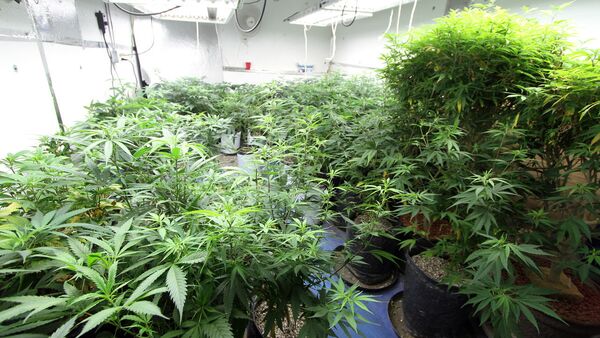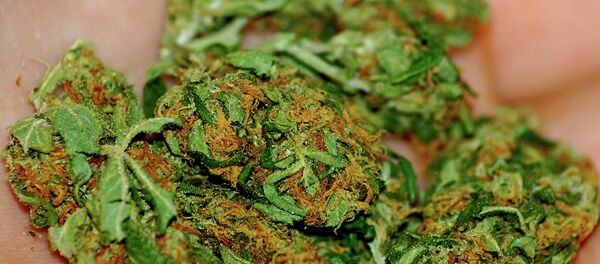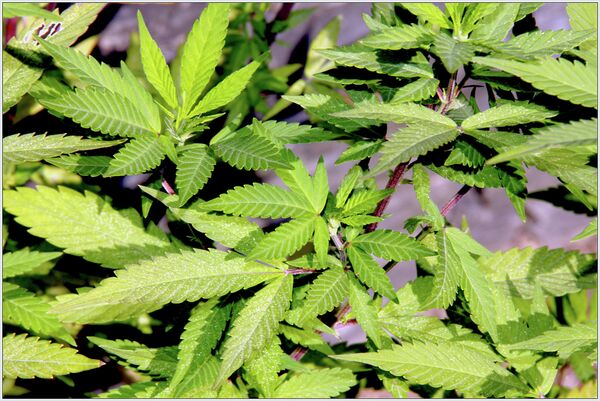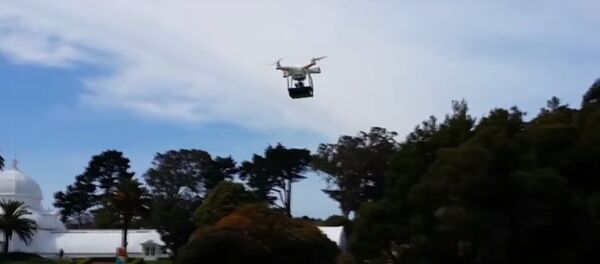While the Santee Sioux have been savvy in the casino and resort world ventures, competition and the economy has led the tribe to open America’s first cannabis resort on their reservation. If successful, it could prove to be a new business model for tribes across the country.
The Santee Sioux plan to grow their own cannabis to be sold in their own nightclub, lounge and music venue.
“We want it to be an adult playground” tribe President Anthony Reider said. “There’s nowhere else in America that has something like this.”
The Santee Sioux say that they could gross $2 million a month in profit, and they’re already building their growhouse. They expect to blaze their first joints at their New Year’s Eve Party.
Back in June, the Santee Sioux legalized cannabis on their land in the wake of the US Justice Department’s new policy permitting Indian tribes to grow and sell cannabis like other states do.
The profit potential has attracted great interest amongst native tribes, like legalized gambling did nearly three decades ago.
"The vast majority of tribes have little to no economic opportunity," said Blake Trueblood, business development director at the National Center for American Indian Enterprise Development. “For those tribes, this is something that you might look at and say, 'We've got to do something.'"
South Dakota legislators and tribal elders from across North America will visit Flandreau, as the indoor cannabis farm is called, in October.
Cannabis is not easy to grow. It needs specialized lights, controlled temperature, the right soil pH level and purified water to create the optimal conditions to grow healthy plants. In order to do it right, the Santee Sioux went to Denver cannabis consulting firm Monarch America for assistance.
"This is not a fly-by-night operation," said Jonathan Hunt, Monarch's vice president and chief grower. Tribal leaders "want to show the state how clean, how efficient, how proficient, safe and secure this is as an operation. We are not looking to do anything shady."
There are currently no “official” cannabis resorts in the United States, nor has one been attempted before now. In state where recreational marijuana is legal — like Colorado, Washington, Alaska and the District of Columbia — consumption in public in places is still generally forbidden. Colorado has several private clubs, but none of the size and scope as the Santee Sioux’s.
They hope to generate proceeds to provide for tribal services and a guaranteed income for the tribe. Reider hopes that the cannabis revenue will be able to fund housing, an addiction treatment center, and day-care facilities.
But the venture is still politically risky. Cannabis is still illegal under federal law, and a new administration in the White House in 2017 could reverse course on the Justice Department’s relaxing of cannabis enforcement. Only a Congressional act can legalize cannabis on the national level. The tribes have to follow strict security measures in order to not jeopardize the entire operation.
Cannabis cannot leave the Santee Sioux reservation, and every plant grown in Flandreau will have its own barcode. Consumers at the resort can only purchase one gram at a time, with each “dime bag” also labeled with a barcode that must be returned in order to purchase more. Grams will go for between $12.50 & $15, significantly lower than the East Coast going rate of $20 a gram.
Reider believes, in the long run, the benefits will massively outweigh the risks. The tribe must “look at these opportunities because in order to preserve the past we do have to advance to the present,” he stated.






